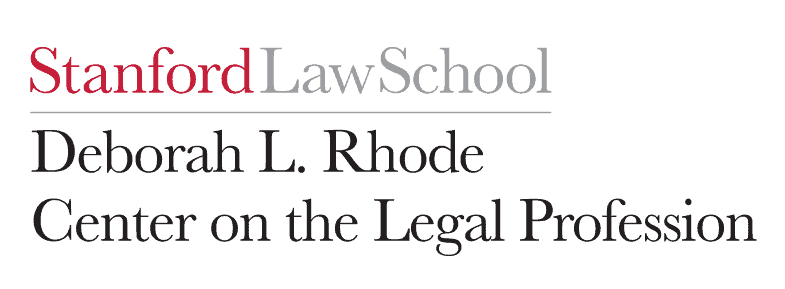Two states, Arizona and Utah, have implemented regulatory schemes loosening restrictions on law practice, and other states are considering similar revisions to their rules.
Now, Stanford Law School’s Deborah L. Rhode Center on the Legal Profession has published a comprehensive study of the data coming out of Arizona and Utah, giving us what may be the first real evidence-based look at this issue. It finds that the reforms in those states are spurring substantial innovation, that they are critical to serving lower-income populations, and that they do not pose any substantial risk of consumer harm.
On today’s LawNext, we are joined by the two principal authors of that study: David Freeman Engstrom, co-director of the Rhode Center, and Lucy Ricca, director, policy and programs, at the Rhode Center, and formerly executive director of the Utah Office of Legal Services Innovation — the office that oversees the so-called regulatory sandbox in that state. They walk us through how they conducted the study, what they found, and what they would like to see come of the findings.
